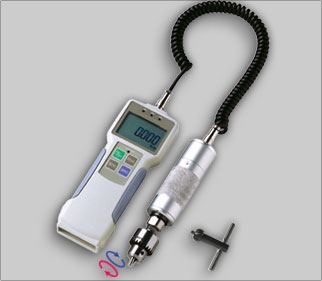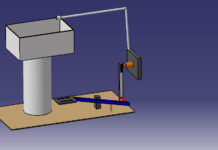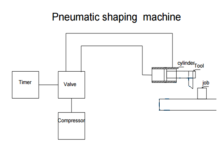[nextpage title=”Thermodynamics Law” ]
Thermodynamics Law:
1 .Zeroth Law
2. First Law of Thermodynamic
3.Second Law of thermodynamic
Zeroth Law:
If two body are in thermal equilibrium with a third body then these two body are also in thermal equilibrium with each other.
First Law of Thermodynamics:
In a closed system, work deliver to the surrounding is directly proportonal to the heat taken from the surrounding.And also, In a closed system, work done on a system is directly proportonal to the heat deliver to the surrounding.
Second Law of Thermodynamics:
It is impossible to make a system or an engine which can change 100 percent input energy to 100 percent output.
[/nextpage]
[nextpage title=”Torque” ]
Torque or Turning Force:
It is the total amount of force which is required to create acceleration on moving substance.
Calculating Torque
A practical way to calculate the magnitude of the torque is to first determine the lever arm and then multiply it times the applied force. The lever arm is the perpendicular distance from the axis of rotation to the line of action of the force. and the magnitude of the torque is τ = N m.

[/nextpage]
[nextpage title=”Couple” ]
Couple:
Two forces those acts on equally, parallel & oppositely on two separate points of same material.
[/nextpage]
[nextpage title=”Moment” ]
Moment:
It is the amount of moving effect which is gained for action of turning force.
[/nextpage]
[nextpage title=”Stress” ]
Stress:
It is the force that can prevent equal & opposite force. That means, it is the preventing force. If one force acts on outside of a material, then a reactive force automatically acts to protest that force. The amount of reactive force per unit area is called stress. e.g. Tensile Stress, Compressive Stress, Thermal Stress.
[/nextpage]
[nextpage title=”strain” ]
Strain:
If a force acts on a substance, then in that case if the substance would deform. Then the amount of deformation per unit length of that substance is called strain.
[/nextpage]
[nextpage title=”Spring” ]
Spring:
It is one type of device which is being distorted under certain amount of load & also can also go to its original face after the removal of that load.
Its functions:
To store energy.
To absorb energy.
To control motion of two elements
[/nextpage]
[nextpage title=”Buoyancy” ]
Buoyancy:
When a body is immersed in a liquid, it is lifted up by a force equal to weight of liquid displaced by the body. The tendency of liquid to lift up an immersed body is buoyancy. The upward thrust of liquid to lift up the body is called buoyancy force.
[/nextpage]
[nextpage title=”Bernoulli`s Equation” ]
Bernoulli’s Equation:
P/γ +V²/2g +Z = Constant
Where, P = pressure,V = velocity,Z = Datumn Head
[/nextpage]
[nextpage title=”Fluid” ]
Fluid resuscitation
Fluid replacement or fluid resuscitation is the medical practice of replenishing bodily fluid lost through sweating, bleeding, fluid shifts or other pathologic processes. Fluids can be replaced with oral rehydration therapy (drinking), intravenous therapy, rectally such as with a Murphy drip, or by hypodermoclysis, the direct injection of fluid into the subcutaneous tissue. Fluids administered by the oral and hypodermic routes are absorbed more slowly than those given intravenously.
Devices for fluid:
Venturimeter:
It measures discharge of fluid.
Notches :
It measures discharge of fluid.
Orifice meter:
It measures discharge of fluid.
Pitot tube :
It measures velocity of fluid.
Mach Number:
It is the ratio of the velocity of fluid to the velocity of sound.
M=1 —————– Sonic flow
M> (1-6) ———– Super-Sonic flow
M>6 —————- Hyper-Sonic flow
Fluid discharge/Fluid flow:
Quantity of fluid flowing per second.
(through a section of pipe/ through a section of channel)
Q=AV
where, V= velocity of fluid,A= cross-sectional area of pipe/channel
Note: 1 m³ = 1000 L, 1 cu sec = 1 ft³/sec, 1 ft = 0.3048 m
Hydraulic Machine:
Turbine, Pump, Compressor etc.
Draft tube:
It attaches with reaction turbine . Its function is to reduce energy loss from reaction turbine & it also reduce pressure at outlet which is must blow the atmospheric pressure.
[/nextpage]













